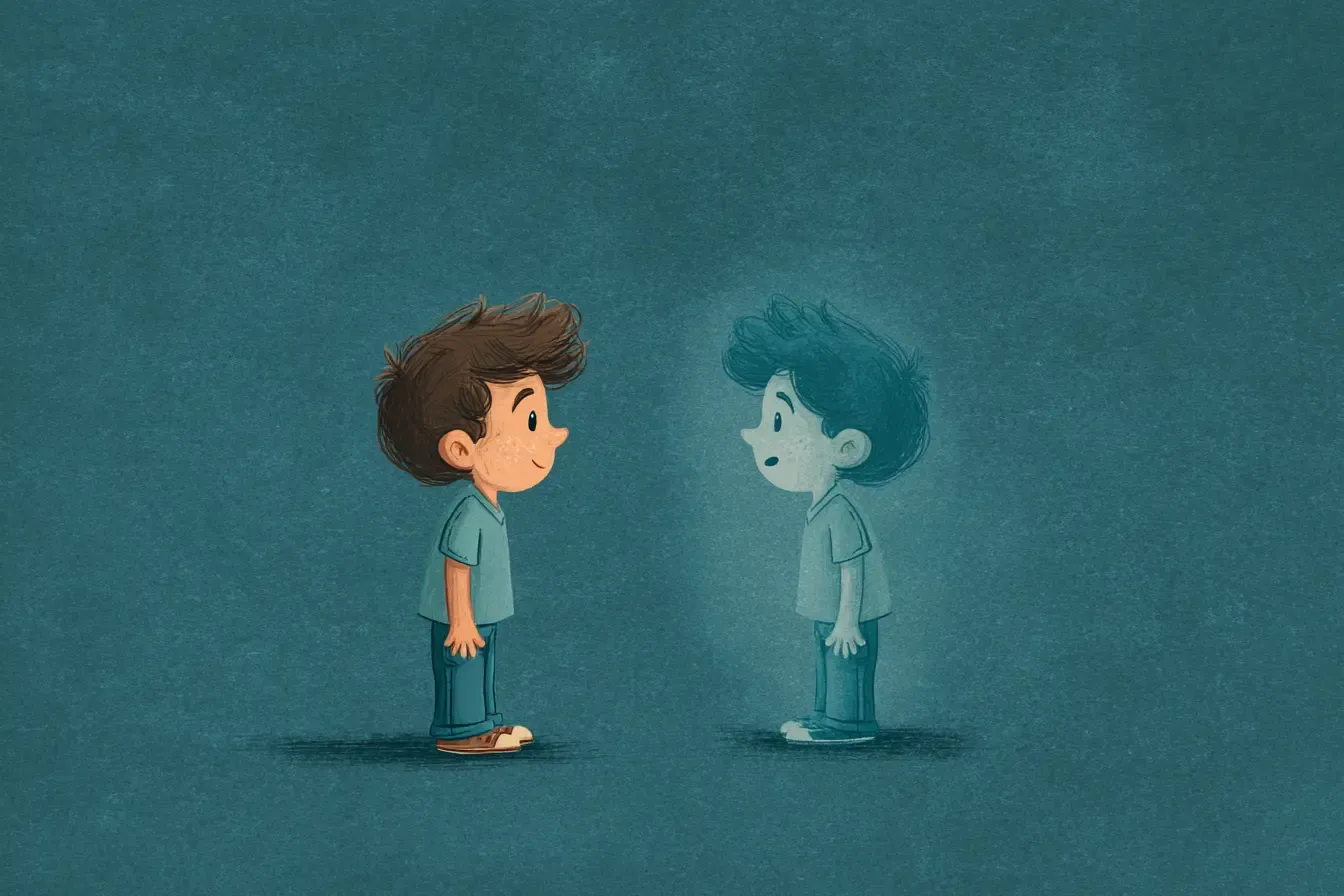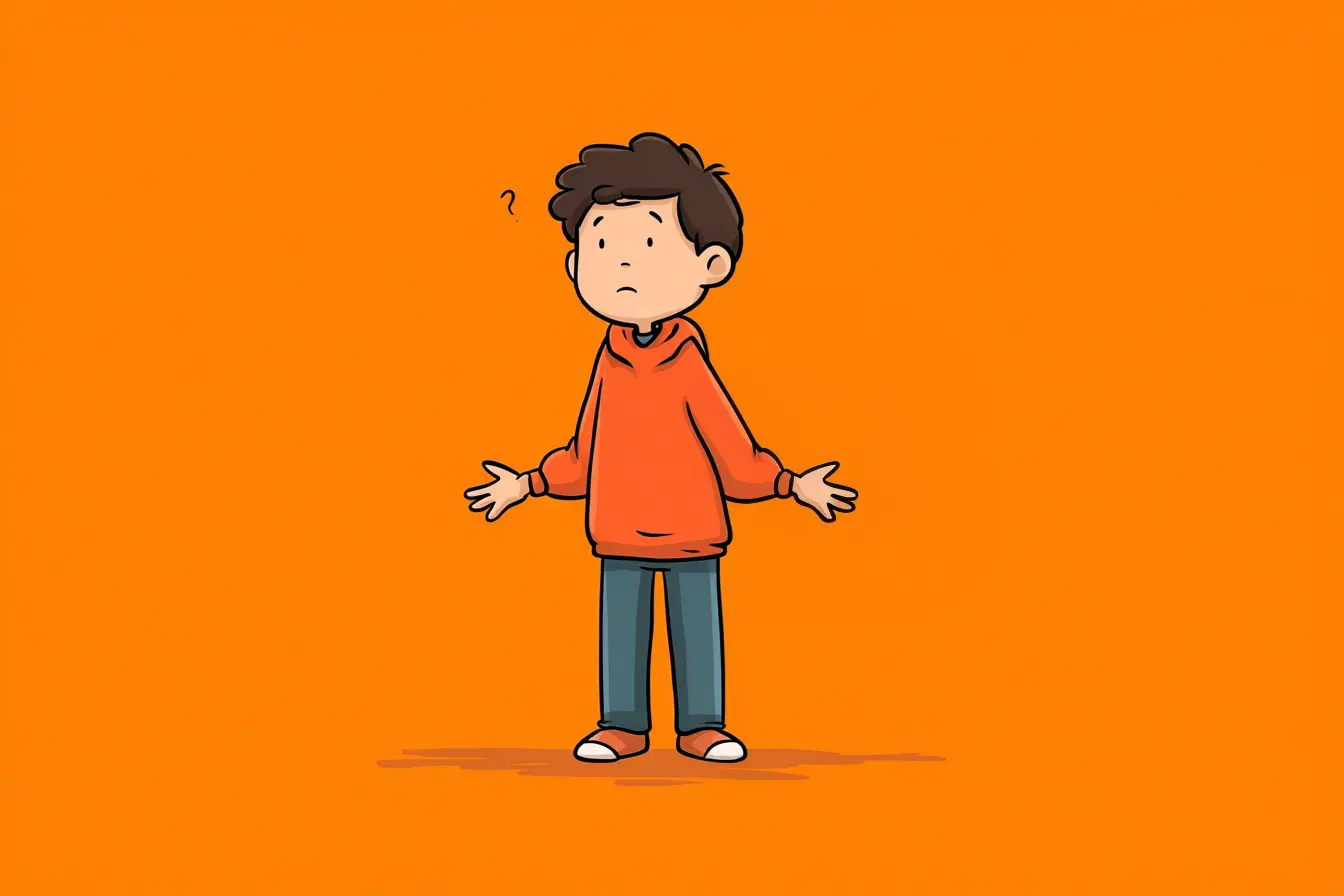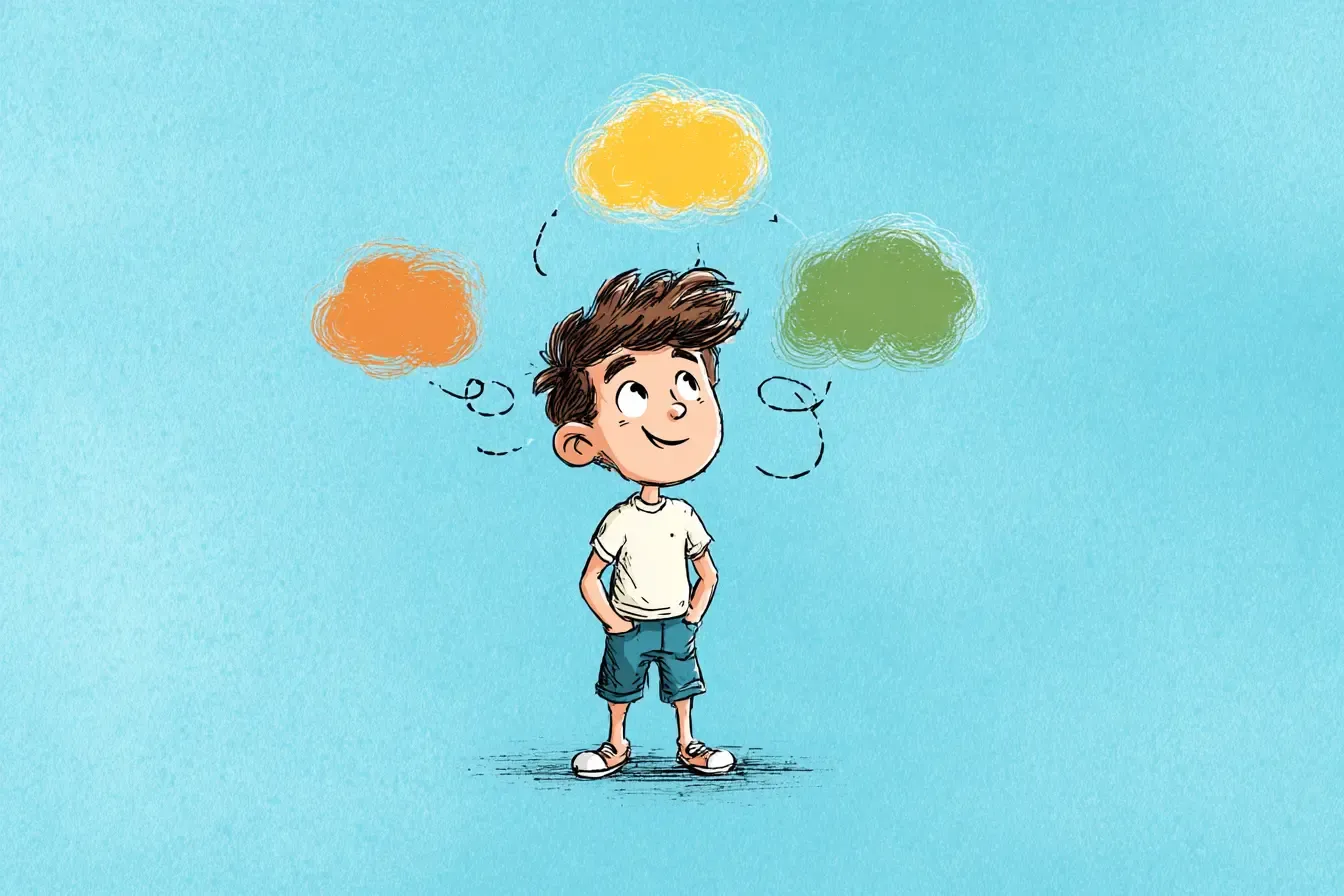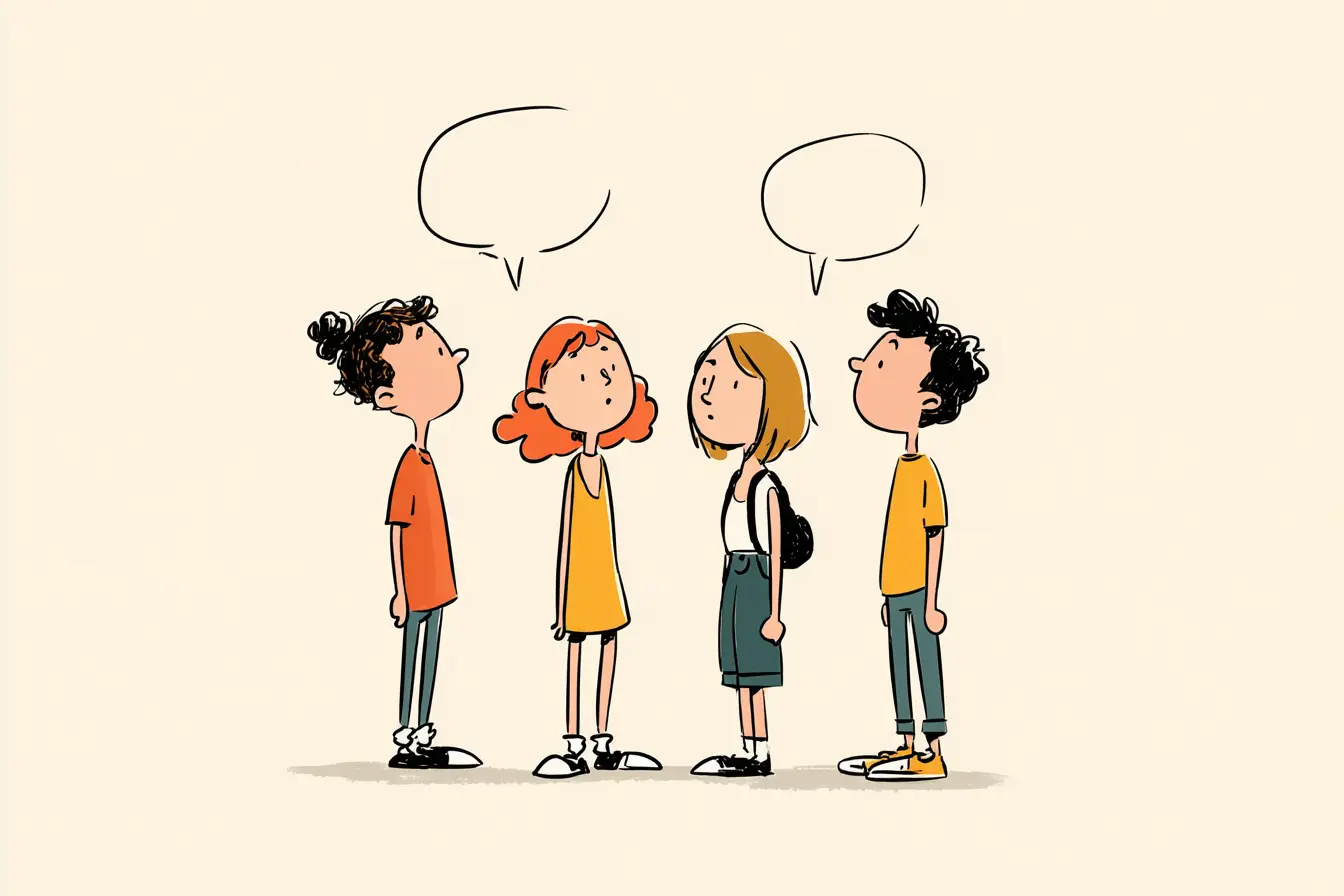A Funny (But Friendly) Investigation
Let’s be honest — some languages sound scary. Not because they belong to fire-breathing dragons or sci-fi villains (although that would be cool), but simply because they strike the untrained ear as aggressive, chaotic, or just a little scary.
But before we start, let’s be clear: there’s no such thing as an ugly language. Every language has its own rhythm, logic, and beauty. Some just get a bad rap because of their rough consonants, unusual tones, or the fact that action movies always make their bad guys speak them.
So, let’s dive into the worst sounding languages (according to pop culture and confused tourists) and separate fact from fiction.
1. German: The Unfairly Accused Villain
If languages had reputations, German would be the one always typecast as the bad guy. It’s loud, it’s commanding, and thanks to Hollywood, it’s usually the language of choice for any scene where someone is yelling orders.
But is German actually aggressive? Not at all!
German is just efficient. Why say something in three words when you can combine them into one massive word? (Donaudampfschifffahrtsgesellschaftskapitän, anyone?) It’s a language that values precision — no unnecessary fluff, just straight-up facts.
Plus, it’s one of the most useful languages for business, which is why many international companies offer corporate language learning programs to help employees master it. After all, Germany is an economic powerhouse, and if your company is paying for your language lessons, learning German becomes a career-boosting, wallet-friendly bonus.
So, next time you hear someone speaking German and think they’re furious, remember: they might just be ordering a sandwich.
2. Dutch: German’s More Relaxed (But Still Throaty) Cousin
Dutch is what happens when German decides to have a little fun. It’s got the same sharp consonants, but with a twist—it sounds like someone is trying to clear their throat mid-sentence.
The reason Dutch sounds unique is its hard “G” sound, which comes from deep in the throat. If you’ve ever tried to say Scheveningen (a beach town in the Netherlands) correctly, you know the struggle.
That said, Dutch is actually one of the easiest languages for English speakers to learn—its grammar is straightforward, and a lot of the vocabulary is oddly familiar (appel = apple, bier = beer). Just be prepared to sound like you’ve got a minor throat infection while pronouncing certain words.
3. Danish: The Sound of a Swallowed Sentence
Danish is a mystery — even to other Scandinavians. While Swedish and Norwegian have a musical, flowing quality, Danish sounds like it got halfway through a word and then gave up.
Even native speakers joke that Danish sounds like someone talking while eating a hot potato. The reason? It has glottal stops—where sounds are cut off abruptly — paired with incredibly soft consonants. This makes words blend together, so unless you’re used to it, Danish can sound like one long, slightly mumbled word.
That said, once you get the hang of it, Danish is actually pretty smooth and relaxed. And if you move to Denmark, the good news is Danes love speaking English, so you’ll have plenty of time to get used to their potato-language.
4. Cantonese: The Most Intense Sounding Language?
If you’ve ever heard Cantonese being spoken, you might have thought, "Is this a conversation or a heated argument?"
The reason it sounds intense is because it’s a tonal language—which means that the same word can have six (or more) completely different meanings depending on how you pronounce it.
For example, the word maa can mean:
- 妈 (mā) = mother
- 马 (mǎ) = horse
- 骂 (mà) = scold
So yes, you could accidentally call someone’s mother a horse just by changing your pitch slightly. No pressure.
But despite its complexity, Cantonese is one of the most expressive languages in the world. It’s full of colorful slang, clever wordplay, and deep cultural meaning. So, while it might sound intense at first, it’s actually a fascinating and rewarding language to learn.
5. Russian: The Language of Tough Love
Russian has a certain cold, no-nonsense vibe to it. The rolled “R”s, the strong consonants, and the lack of small talk in everyday speech can make it seem intimidating to outsiders.
But here’s the truth: Russian isn’t harsh — it’s just direct. Unlike English, which is full of polite phrases and filler words, Russian gets straight to the point. Instead of saying, "Would you mind passing me the salt, please?", a Russian speaker might just say, "Give me salt."
This directness, combined with the deep, serious intonation, makes Russian sound tough and dramatic — even when people are just discussing what they had for lunch.
But once you understand the rhythm of the language, Russian has a rich, poetic, and unique beauty. Plus, Russians are known for their warmth and hospitality — so don’t be fooled by the serious tone!
So, Are These Really the Worst Sounding Languages?
Not at all! Every language has its own rhythm and personality — some just take a little more getting used to. A language can sound intimidating if:
- It has harsh consonants (like Dutch or German).
- It swallows syllables (like Danish).
- It’s extremely tonal (like Cantonese).
- It’s direct and serious (like Russian).
The funny thing about language is the more you learn it, the better it sounds. That’s why so many companies invest in corporate language learning, helping employees get comfortable with languages that first seem impossible (looking at you, German).
So, instead of running from a language that sounds scary at first, why not try learning it? You might just end up falling in love with it.


















